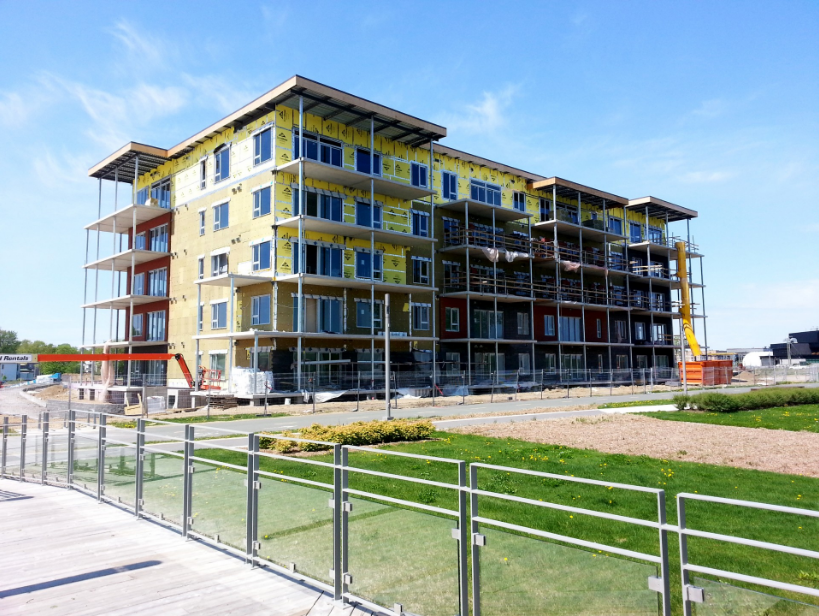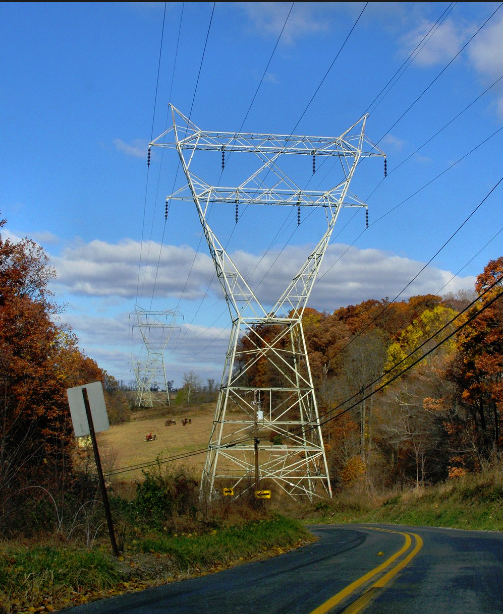In B.V. Belk, Jr. v. VRS Magnolia Plaza, LLC, the North Carolina Court of Appeals addressed the question of when an easement can be implied by prior use. An easement is an individual’s right to use the land of another individual for a specific purpose. Frequently, easements are created by the express agreement of the landowner and the individual seeking to use the land; however, as the court in Belk confirmed, easements can also be created by implication. Factual History In Belk, B.V. Belk, Jr. (“Belk”) acquired 107 acres of undeveloped land in 1986. He then transferred title to a joint venture consisting of himself, as managing member…
-
-
Five Questions About Construction Liens
Whether you are a home owner in the midst of a kitchen renovation, a business owner considering an office expansion, or otherwise involved in a construction project, it is important to understand who gets paid and when. By doing so, you may avoid a construction lien being placed on your property or, conversely, successfully use the lien statutes to ensure that you get paid for you work. What is a construction lien? Construction liens, also known as mechanic’s liens, are legal claims on real property, often used by builders, contractors, suppliers, or subcontractors who have not been paid…
-
A Twenty-Year Statute of Limitations for Challenges to Easement Encroachments
Easements in North Carolina just got a little easier to maintain and, if necessary, litigate. The Supreme Court of North Carolina ruled in August 2016 that easement holders have twenty years within which to file a suit for the removal of easement encroachments. This overruled previous case law requiring easement holders to file a suit within six years.[1] There are many different types of easements, but put simply, easements are a right to traverse or otherwise use someone else’s land for a specified purpose. For example, one could have an easement to cross over their neighbor’s land to access a home or a fishing pond.…


